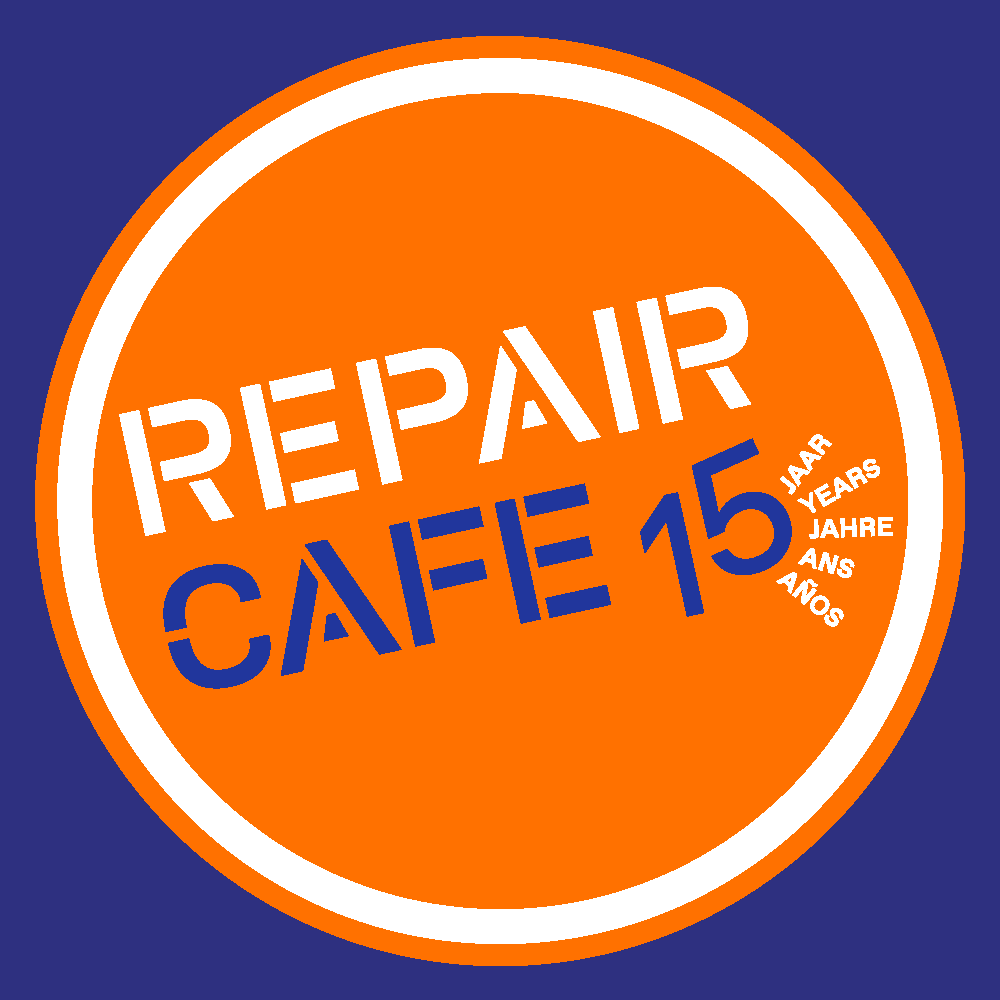
Would you like to exchange experiences with Repair Café repairers and organisers in other countries? And are you curious to know how fellow volunteers on other continents deal with issues that are common to all Repair Cafés?
Then join the fourth international Repair Café webinar on Friday, July 12 (from 4 to 6 PM CEST), organised by Repair Café International in Amsterdam and the Centre for Sustainable Design in Farnham, UK.
Speakers from Europe, the US, Australia and Aotearoa New Zealand
During this two-hour online event, we will cover various topics. For example, we will hear more about the Repair Café movement in Australia and Aotearoa New Zealand. We will also focus on data collection at Repair Cafés: why is this important, and how are the data being used? Speakers from several countries will share their views.
Martine Postma of Repair Café International will, among other things, update participants on Repair Café’s 15th anniversary in October. She will also show a selection of the anniversary bunting flags that Repair Cafés from around the world have already sent to Amsterdam.
Martin Charter will talk about Repair Café research at the Centre for Sustainable Design.
Read more and sign up
The webinar will be conducted in English. More information about the programme is available on the website of The Centre for Sustainable Design. There you can also register.

Sometimes items may not need to be restored to… ‘full function’… or complete ‘mint’ original condition in order to be … re- used…
How is consumer/volunteer… satisfaction//dis satisfaction…expectation, managed ?
Has this not been an issue?
Thanks for your comment, Stan. Indeed, many things can be re-used even if their original function has not been restored 100 percent. At the Repair Café people are reminded of this and appreciate this. Of course, many Repair Café visitors already know this and value their products even if they are not perfect anymore. However, in many cases the original function can be restored successfully.
We will always when appropriate explain that we have a “no charges, no promises” policy. Clients usually watch the repairer at work, and he or she will explain what is being done and if necessary that a (full) repair is not possible (or economic) and why.
Sorry I’ll miss this – its midnight in Australia – I hope you’ll hear about the Mullumbimby cafe in the Australia segment – I’m a repairer there, and we get about 12 or so repairers for our weekly sessions, so its quite active. More importantly, during the flood disaster, when we had around 30 repairers every day for about 6 weeks, Fixing washing machines, fridges, furniture, power tools and more. Its a story worth learning from for others facing an increased frequency of disasters.
We have created an app for running our events and storing data in a database.
It adheres to the Open Repair Data Standard and adds data that we use at our events. It is implemented with ReactNative, MongoDB, ExpressJS/NodeJS. It is deployed to Render.com for free.